By: Kavodi Kulunumini
Literature and songwriting, though seemingly distinct art forms, share a symbiotic relationship that enriches both. Songwriting, with its melodic rhythm and lyrical storytelling, draws inspiration from the vast reservoir of literary works spanning across genres and epochs. This attempt is made to explore the intricate interplay between literature and songwriting, delving into how literature matters in shaping the craft of songwriting, enriching its themes, narratives, and emotional depth by diving into the career of perhaps the most influential solo artist in the modern times: Taylor Swift.
Taylor stands as a towering figure in contemporary music, celebrated not only for her melodic prowess but also for her exceptional songwriting abilities. With a career spanning over a decade, Swift has mastered the art of storytelling through song, captivating audiences with her heartfelt lyrics, infectious melodies, and keen observational skills. In her own words she predominantly identifies herself as a songwriter and her voice as ‘just a way to get the lyrics across’ and there is a multifaceted brilliance to Taylor Swift as a songwriter, exploring thematic depth, narrative craftsmanship, and having an incredibly enduring impact on the music industry.
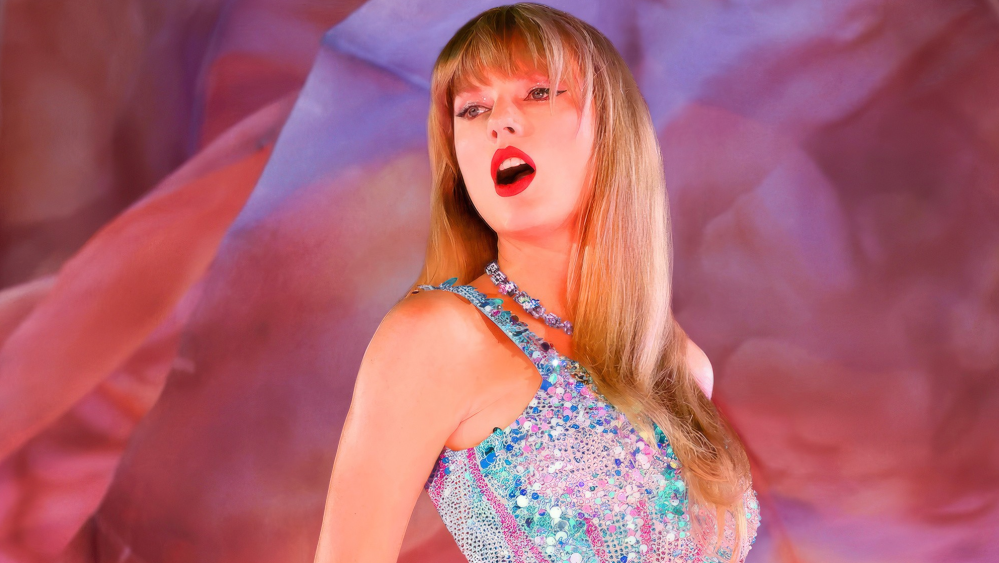
Literature serves as an enduring muse for songwriters, offering a treasure trove of themes, characters, and narratives ripe for interpretation. From Shakespearean tragedies to contemporary novels, literature provides a rich tapestry of human experiences, emotions, and dilemmas. Songwriters often draw inspiration from classic literary works, reimagining their essence through the medium of music. Bob Dylan, for instance, infused his folk ballads with the poetic imagery of William Blake and the social commentary of John Steinbeck, elevating his songwriting to a level of literary significance.
Especially in the case of Taylor who had admitted on several occasions of having drawn inspiration from unparalleled Literature figures of Shakespeare; William Wordsworth; Hawthorne; Robert Frost and Emily Dickinson. All these figures fundamentally have one thing in common; which is their minute attention to details and enrichment in thematic depth in their Literature works and coincidentally (or not) one of the hallmarks of Taylor Swift’s songwriting is her thematic depth, as she fearlessly explores the complexities of human relationships, emotions, and experiences. From the innocence of teenage romance to the heartache of betrayal and the resilience of self-discovery, Swift’s songs traverse a wide spectrum of emotions with poignancy and authenticity. She has an unparalleled ability to distill universal truths from her personal experiences, resonating with listeners across generations.
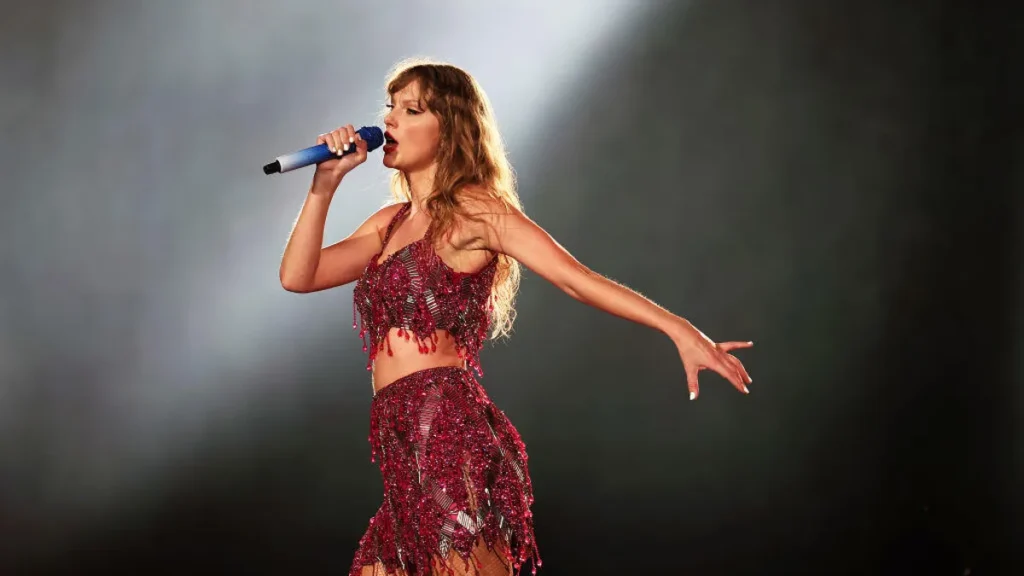
Swift’s early albums, such as “Fearless” and “Speak Now,” are characterized by their candid portrayal of youthful infatuation and heartbreak. Tracks like “Love Story” and “You Belong with Me” capture the innocence and longing of teenage love, while songs like “White Horse” and “Back to December” delve into the pain of lost love and regret. As Swift’s career evolved, so did her songwriting, tackling themes of empowerment, self-acceptance, and resilience in albums like “1989” and “Reputation.” Tracks like “Shake It Off” and “Blank Space” showcase Swift’s ability to reclaim her narrative and defy expectations, while songs like “The Archer” and “Lover” reveal her vulnerability and introspection.
There’s also references that Swift has used of her inspirations in many of her songs. For instance in her songs “Love Story” and “Timeless” Swift references the story of Romeo and Juliet which is a classic Shakespearean Tragedy to illustrate themes of forbidden love and destiny. Additionally her song “The Last Great American Dynasty” from the album “Folklore” draws inspiration from the life of Rebekah Harkness; a socialite whose story parallels themes found in Nathaniel Hawthorne’s works particularly in his exploration of societal expectations and individualism. While Swift’s songs may or may not explicitly mention characters from these literary figures her lyrics often echo the emotional depth and narrative complexity found in their works showcasing her appreciation for Literature’s enduring influence on her songwriting.
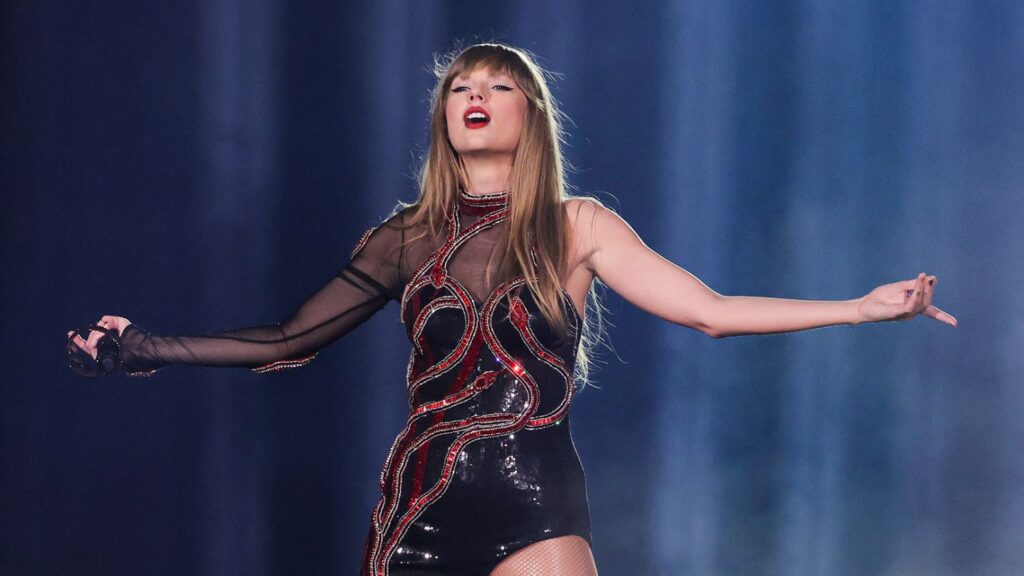
Literature enhances the narrative depth and emotional resonance of songwriting, imbuing it with layers of meaning and complexity. Just as a well-crafted novel immerses readers in its intricately woven plot and multi-dimensional characters, a meticulously composed song transports listeners into a world of emotions and experiences. Through the artful use of metaphor, symbolism, and allegory, songwriters evoke the same depth of feeling found in literary masterpieces.
Furthermore, literature provides songwriters with a vast arsenal of literary devices and techniques to enhance their craft. From the evocative imagery of poetry to the narrative structure of novels, songwriters borrow from the literary toolbox to craft lyrics that resonate on both intellectual and emotional levels. By tapping into the universal language of literature, songwriters transcend the constraints of time and space, creating songs that resonate across generations and cultures.

And at the heart of Taylor Swift’s songwriting is her exceptional narrative craftsmanship, as she weaves intricate stories that unfold like chapters in a novel. Swift is a master storyteller, adept at painting vivid portraits of characters, settings, and emotions through her lyrics. Her songs are imbued with rich detail and imagery, allowing listeners to immerse themselves in the worlds she creates.
Taylor Swift’s songwriting prowess is celebrated through her distinct approach, characterized by “quill lyrics,” “fountain pen lyrics,” and “glitter gel pen lyrics,” showcasing her versatility in crafting songs rooted in antiquated poeticism, modern narratives, and lively themes. Her ability to traverse these styles reflects her mastery of language and narrative, resonating deeply with audiences across diverse themes and emotions. Critics and industry accolades highlight Swift’s unparalleled influence, with the National Music Publishers’ Association awarding her the Songwriter Icon Award in 2021 and the Nashville Songwriters Association International naming her the Songwriter-Artist of the Decade in 2022. Swift’s literary contributions extend beyond music, with her original poems further showcasing her multifaceted talent as a wordsmith and storyteller.

Literature scholars and publications acclaim Swift’s unique blend of literary sophistication and melodic ingenuity, elevating her as one of the greatest songwriters ever. Notable scholars like Jonathan Bate and Stephanie Burt recognize her ability to convey raw emotion and introspection, while Time magazine dubbed her the “Queen of Bridges” for her skill in crafting captivating song transitions. Swift’s impact on contemporary music composition and storytelling is indisputable, solidifying her status as an icon in the music industry and inspiring a new generation of artists to embrace vulnerability, authenticity, and narrative depth in their craft.
One of Swift’s greatest strengths as a songwriter is her ability to capture the nuances of human relationships with authenticity and empathy. Whether she’s recounting a fleeting romance, a tumultuous breakup, or a moment of self-discovery, Swift approaches each story with sensitivity and depth. Her lyrics are filled with memorable lines and poignant observations that resonate with listeners on a deeply personal level. The story she narrates in “August”; “Cardigan” and “Betty” provides just enough evidence to her skill as a masterful storyteller.
Moreover, Swift’s songwriting is marked by its versatility and adaptability, allowing her to seamlessly transition between genres and styles. From country ballads to pop anthems to indie folk tunes, Swift has demonstrated her ability to excel in diverse musical landscapes while maintaining her distinctive voice as a songwriter much similar to how the literary personas navigated their careers from seemingly flamboyant and comedic acts to tragic nuances caused by human flaws or oversights. One of the classic examples to be given could be the expanse of Shakespeare’s works from a farce as hilariously uplifting as ‘Merry Wives of Windsor”; “Comedy of Errors” or “A Midsummers’ Nights’ Dream” to unbelievably advanced (in contemporary Elizabethan period) tragedies exploring the hidden mechanisms of humanity and the facades of deception such as “Othello”; “King Lear” or “Hamlet”.
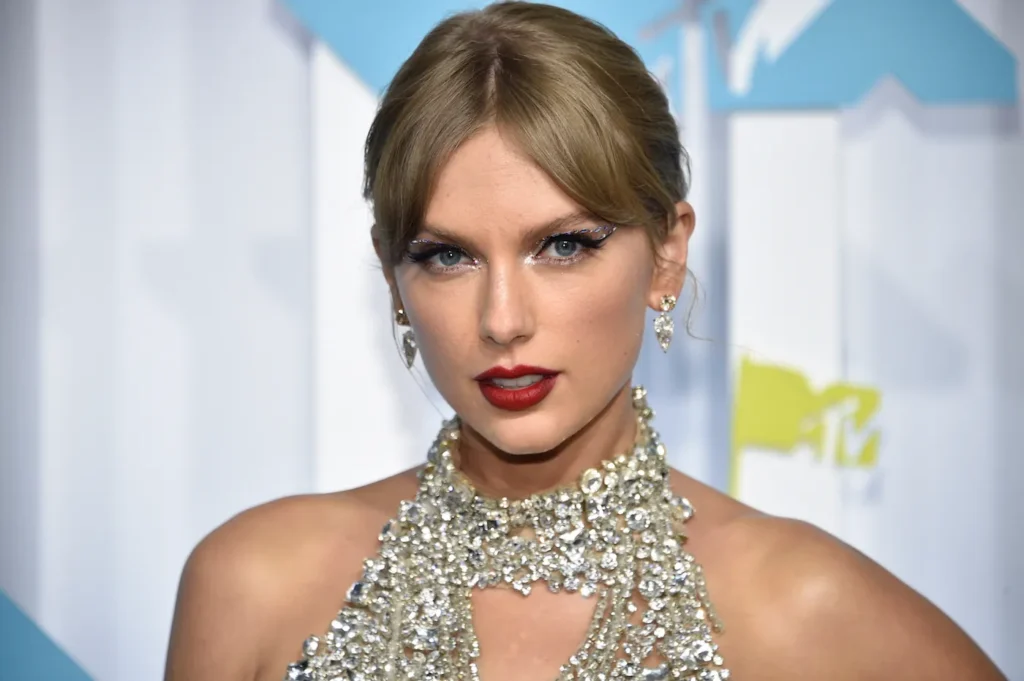
Literature has long served as a vehicle for social commentary and cultural critique, shedding light on pressing issues of society and human condition. Similarly, songwriting has the power to provoke thought, challenge norms, and inspire change. Through their lyrics, songwriters often address themes of injustice, inequality, and political upheaval, echoing the tradition of literary giants who dared to speak truth to power.
Moreover, literature provides songwriters with historical context and cultural references that enrich their songwriting. Whether it’s Woody Guthrie chronicling the plight of Dust Bowl migrants or Kendrick Lamar exploring the complexities of race and identity in America, literature informs and shapes the socio-political landscape of songwriting. By drawing inspiration from literary works that confront the harsh realities of the world, songwriters infuse their music with a sense of urgency and relevance that transcends entertainment and enters the realm of activism.
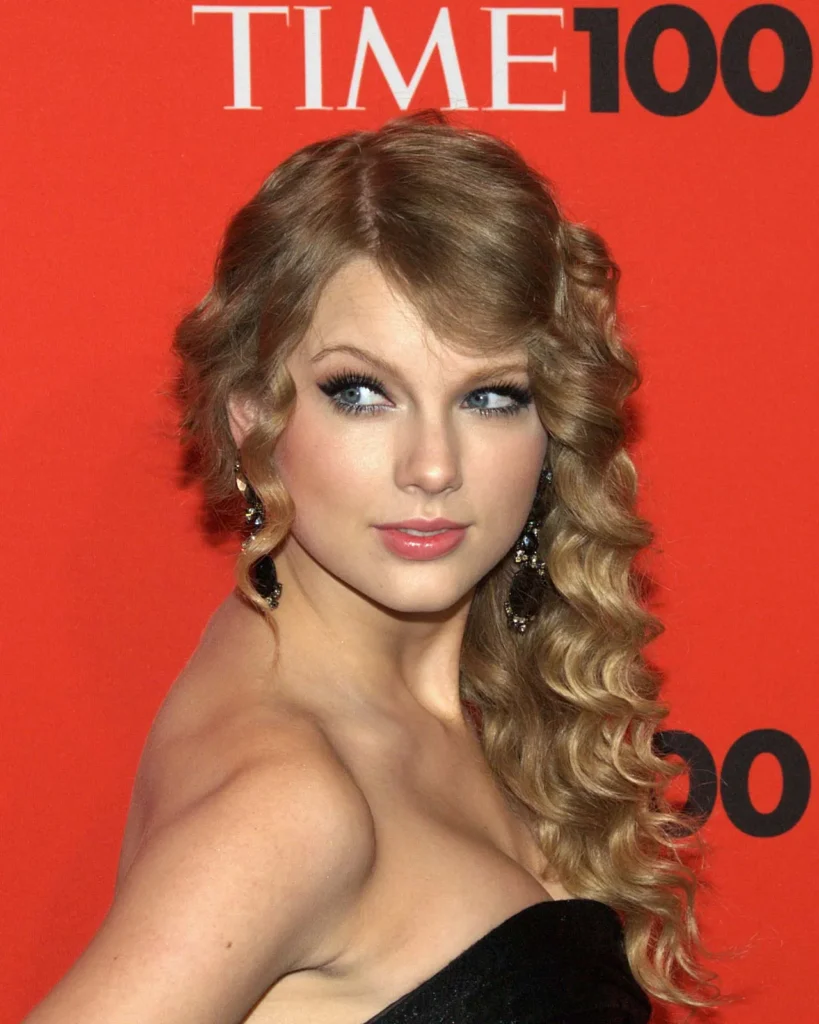
It is more likely than not that this aforementioned cultural significance of Taylor Swift’s writing is the reasoning behind her impact on the music industry extends far beyond her chart-topping hits and record-breaking albums. As one of the most influential songwriters of her generation, Swift has inspired a new wave of artists to embrace vulnerability, authenticity, and storytelling in their music. Her willingness to speak openly about her own experiences and emotions has paved the way for greater honesty and transparency in the music industry.
Moreover, Swift’s advocacy for artists’ rights and creative control has sparked important conversations about ownership and autonomy in the digital age. Her decision to re-record her early albums in response to a dispute over the ownership of her master recordings highlights her commitment to reclaiming her narrative and asserting her artistic independence.
Swift has come a long way from the rejected 14 year old songwriter who couldn’t get into any of the labels she auditioned to become the winner of 14 Grammy Awards with the most wins (04) for the ‘Album of the Year’; 40 American Music awards (the highest for any artist); 39 Billboards awards (again highest for any artist tying with Drake); 118 Guinness world records; 23 MTV music video awards etc.; a phenomenal entertainer who is unparalleled by any in history. She is largely considered the greatest solo artist alive at the moment. All of these incidents to pass her songwriting did play a rather pivotal role.
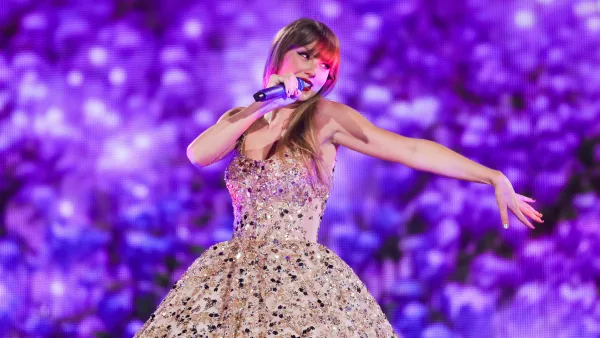
Taylor Swift’s live performances are celebrated for their intimacy and emotional resonance, as she effortlessly connects with audiences through her storytelling and stage presence. Praised for her ability to transform stadium spectacles into intimate settings, Swift’s performances transcend mere entertainment, creating genuine connections with her fans. This intimacy echoes her prowess as a songwriter, where she crafts narratives that resonate deeply with listeners, drawing them into her world of emotions and experiences. Whether she’s strumming a guitar or leading an ensemble of dancers, Swift’s ability to maintain authenticity and vulnerability onstage underscores her status as both a captivating performer and an accomplished songwriter, whose music transcends boundaries and speaks to the hearts of millions.
In conclusion, literature matters deeply in songwriting, serving as a wellspring of inspiration, narrative depth, and social commentary. From the timeless themes of love and longing to the urgent issues of our time, literature enriches the craft of songwriting, elevating it to a form of artistic expression that resonates with the human soul. As songwriters continue to draw from the rich tapestry of literary works, the harmonious union between literature and songwriting will endure, creating music that transcends the boundaries of time and space as proven by how Taylor Swift’s impact as a songwriter cannot be overstated. Through her thematic depth, narrative craftsmanship, and enduring impact, she has redefined the boundaries of contemporary music and inspired a generation of artists to embrace storytelling as a powerful form of artistic expression. As Swift continues to evolve and innovate as a songwriter, her legacy will undoubtedly endure for years to come.


